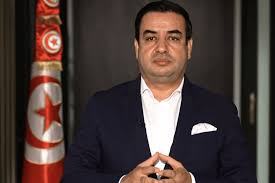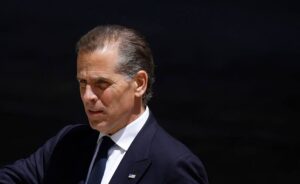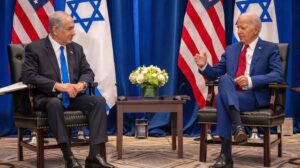

ECOWAS reaffirms commitment to free movement of people and trade
The Economic Community of West African States (ECOWAS) Parliament convened on Monday in Banjul, The Gambia, to further the implementation of a pivotal protocol designed to facilitate the free movement of people, the right of residence, and the establishment of businesses throughout the region.
The five-day session, titled “Parliament’s Role in the Implementation of the Protocol on the Free Movement of Persons, Right of Residence, and Establishment in the ECOWAS Region,” brought together parliamentarians from across West Africa. The aim was to address the challenges and opportunities associated with realizing the protocol’s objectives.
Adopted on May 29, 1975, the protocol represents a cornerstone of ECOWAS’s vision for deeper regional integration and economic collaboration among its member states.
In his opening speech, The Gambia’s Minister of Trade, Industry, Regional Integration, and Employment, Baboucarr Joof, reaffirmed his country’s dedication to the principles of regional integration. He urged fellow parliamentarians to enhance legislative support for the protocol and to work closely with national governments to overcome implementation barriers.
Joof stated, “The theme of this meeting is self-explanatory and encapsulates the overarching goals for which ECOWAS was established. The free movement of people, the right to residence, and the opportunity to establish businesses across our borders are not merely principles outlined in our protocols; they are fundamental to ECOWAS’s core objectives of unity, economic integration, and prosperity for all our citizens.”
The Speaker of the ECOWAS Parliament, Rt. Hon. Hadja Ibrahima, also underscored the crucial role of parliamentarians in making the protocol a reality. She called on policymakers and stakeholders to collaborate in addressing the challenges and to develop coordinated policies that will maximize the benefits of free movement throughout the region.
Ibrahima remarked, “Policymakers and stakeholders must come together to identify challenges and propose solutions that will enhance the benefits of free movement at both regional and national levels. Achieving these goals requires the development of well-coordinated policies and actions.”
Discussions during the session centered on aligning national laws with the protocol’s provisions, ensuring member states coordinate their efforts effectively, and securing the resources needed for successful implementation.
The meeting is scheduled to conclude on August 30, with a communiqué summarizing the key recommendations and decisions to be issued. This document will be forwarded to the ECOWAS Commission and Parliament for further review and action.




